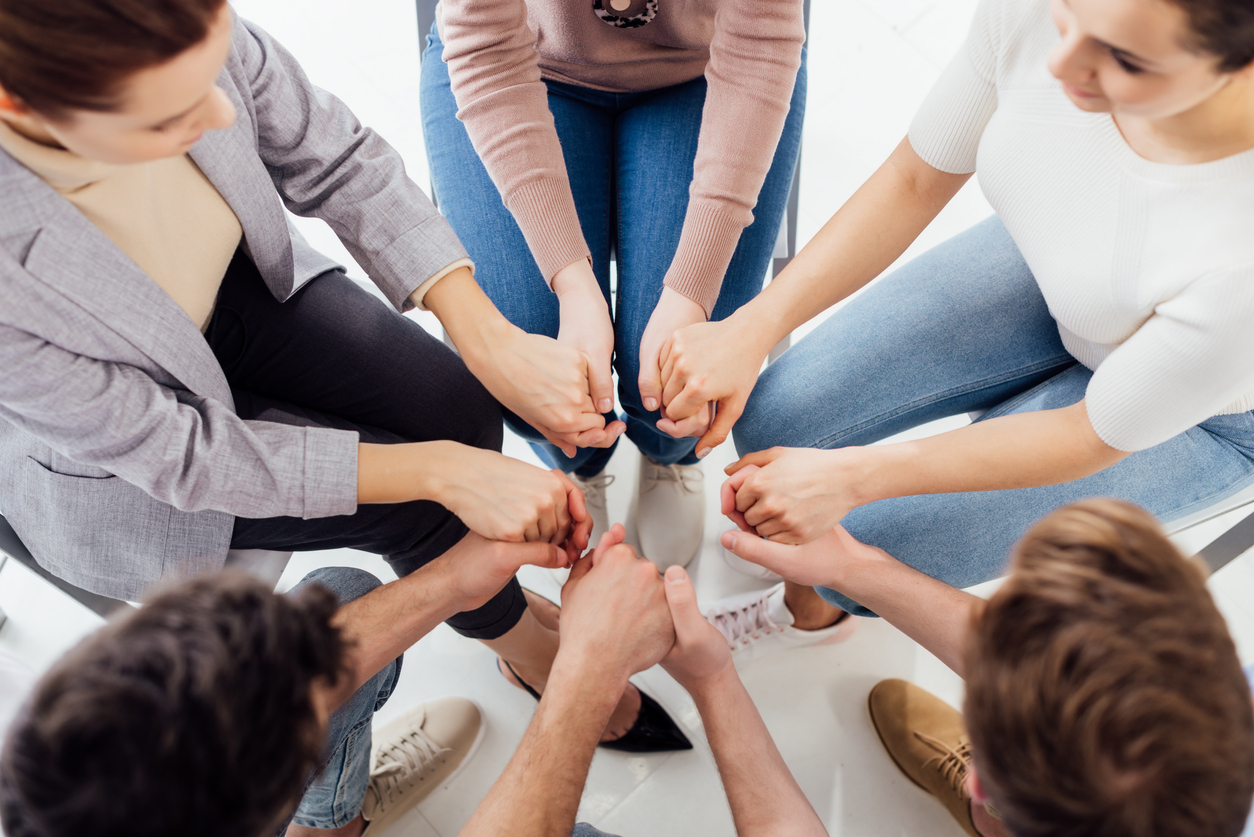There is never a convenient time for a cancer diagnosis. Regardless of your financial position and familial support, breast cancer is disruptive and destructive, with a multitude of associated costs. The team at Breast Health Institute Austin does everything in its power to ensure all patients receive the care and support they need, but it is okay to need more. One way is through breast cancer support groups.
Whether you’re concerned about medical bills, child care, or just need emotional support, there are resources that you can use to bring more stability to your everyday life. Although there are big national names like Cancer Care, the Pink Fund, and the Breast Cancer Charities of America, you can also find many local resources to help you build a much-needed community.
The Necessity of Support
Professional group leaders and fellow cancer patients/survivors can aid you in the fight against isolation that haunts so many cancer patients. When friends and family don’t know what to say or how to help, you may need other people who have shared your experience to step in.
In finding a community that understands, you open yourself up to opportunities to re-build and reconnect with those who may have taken a step back during one of the most trying parts of your life.
There is no shame in needing help. We are a naturally social species that relies on community for every aspect of life. However, everyone approaches cancer differently, so you will need to identify what kind of support group is right for you. Here are a few factors to consider.
What is their Focus?
Education
If you are the kind of person who feels that being informed allows you to feel more control over your situation, then an educationally-centered group may be what is right for you. These kinds of support groups are usually led by professionals with medical experience, allowing for an open discussion of the science and medicine behind your treatment plan. These groups also center the lived experience by encouraging current patients and survivors to share what treatment was like for them to help prepare and support others in the group.
Emotional Support
The emotional toll associated with breast cancer is one of the most carefully studied phenomena in the field. There is no denying that breast cancer patients experience emotional trauma that puts their mental health at risk. If, for any reason, you feel that you are not receiving enough emotional support, use the national resources listed above and your oncologist to find local support groups that focus on emotional health.
What Commitments are Required?
Open Membership
These breast cancer support groups don’t require you to commit to a set number of meetings. If you’re unsure about whether group sessions are for you, then this may be a good place to start. However, it may be more challenging to form a consistent community, as people rotate in and out as they please.
Closed Membership
If you need consistency, then a closed group may work better. Once a set number of people register, the group sessions begin. You commit to attending a certain number of sessions, and the people in your group remain the same from beginning to end. If you feel you need someone to hold you accountable for attending, closed groups may work for you.
Who Leads the Group?
Professionals
In these cases, a professional psychologist or social worker will lead the group. They use scientifically proven exercises to help members reconnect and re-establish control in their lives. Given their training, it may be best for patients who are experiencing feelings of anger, resentment, and loss to seek out a support group with a professional lead.
Survivors
No one understands the reality of cancer quite like a survivor. So, it is no surprise that many patients prefer to attend breast cancer support groups led by people who have experienced cancer themselves. These groups are fully capable of providing advice on how to deal with cancer in the everyday. However, these are not medical professionals, so you should maintain a constant dialog with your medical team.
How Do They Meet?
In Person
For many cancer patients and survivors, existing in the same physical space as people who understand is an important part of the healing process. These meetings typically take place at set times over the week.
Online
In-person meetings aren’t practical for everyone, though. If you work an unusual shift or simply don’t have time for yet another commitment, online groups like What Next can provide real-time answers from fellow cancer patients and survivors.
No matter what works for you, remember that you aren’t alone. The people around you may care and want to help, but it is okay to feel that it isn’t enough. It is okay to need to talk to people who have experienced the same difficulties and traumas that you have. Don’t be afraid to ask for help.

